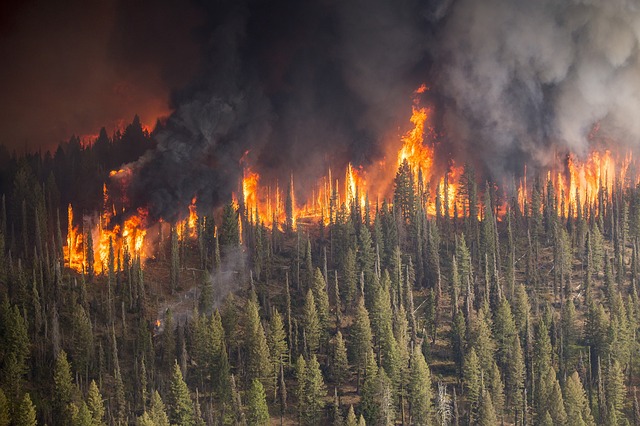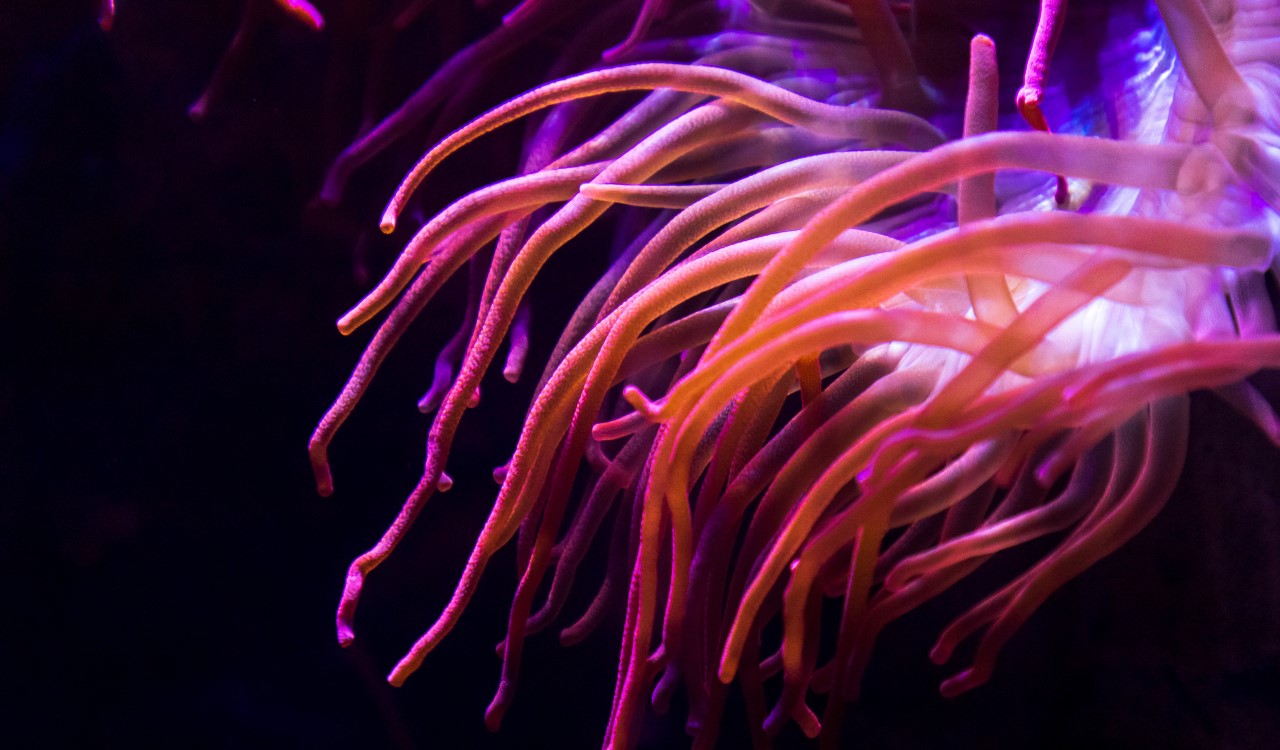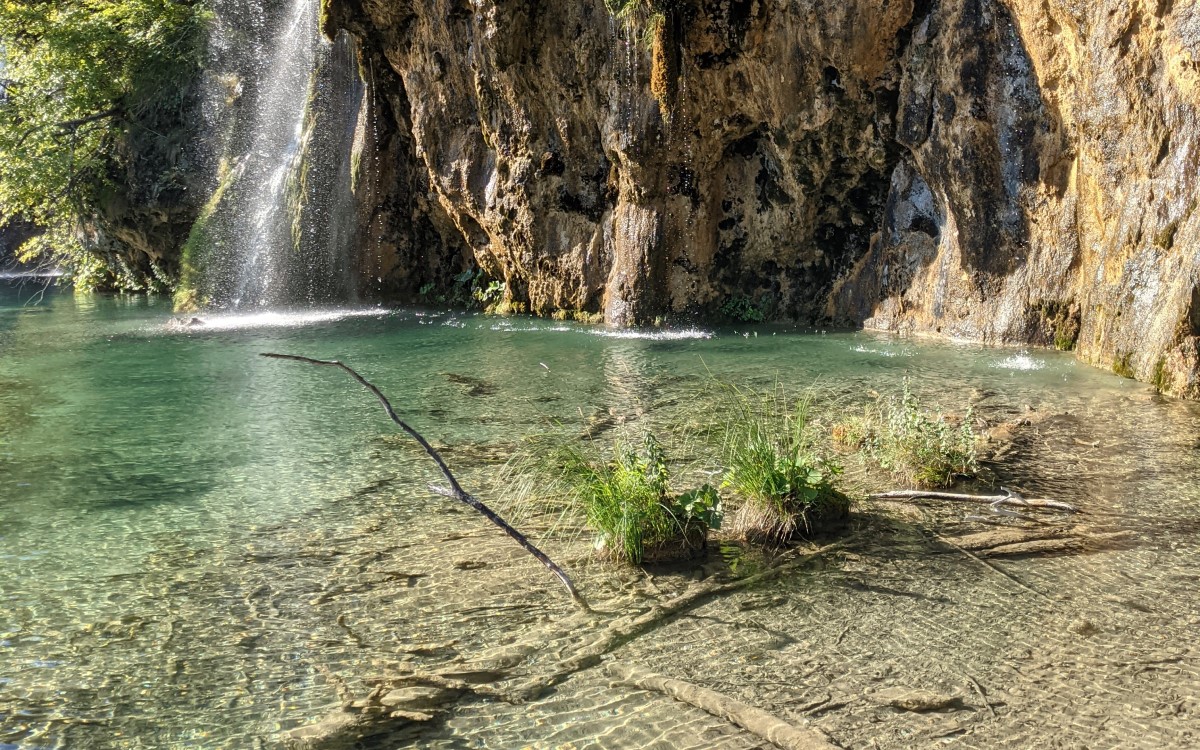The Water Research Foundation (WRF) has released a new report, Wildfire Impacts on Drinking Water Treatment Process Performance: Development of Evaluation Protocols and Management Practices (4950). The frequency and intensity of wildfires, especially in the western United States, has increased in recent decades. Drinking water utilities may face issues with water quantity and availability, source water quality, and the ability to effectively treat and provide high-quality water that the public requires.
The overarching objective of the project was to expand the knowledge base regarding the effects of wildfire on drinking water quality, treatment, plant performance, and operations. The project had three main tasks: evaluate the effects of a wildfire on a particular treatment operation; simulate post-fire runoff using conventional processes; and evaluate the best treatment practices to deal with wildfire-impacted source waters.
"The findings of this report are timely as they can help utilities protect their water supply after wildfire events and continue to provide customers with a reliable, safe water supply," said Rob Renner, CEO of WRF.
The report looked to better understand the effects of wildfires on source water quality and treatability, while also considering the effects on treatment plant operations and costs. The research team developed recommendations and a framework for utilities to assess the impacts of wildfire on water quality and treatment. The recommendations were made around the design and operation of treatment systems for utilities threatened by wildfire including areas like flocculation, sedimentation, filtration, disinfection, and advanced treatment. The findings of this study help fill a knowledge gap in understanding post-wildfire drinking water effects, vulnerabilities utilities face, and ways to improve process performance and wildfire preparedness.
This research project was co-funded by Denver Water, City of Westminster (CO), San Francisco Public Utilities Commission, New York City Department of Environmental Protection, and Truckee Meadows Water Authority. The research team for the project included Fernando Rosario-Ortiz and Amanda Hohner with the University of Colorado at Boulder and William Becker with Hazen & Sawyer.
The report is available here.
New report: Wildfire Impacts on Drinking Water
Kategorie: Publications
Autor: Jonas Völker
Das könnte Sie auch interessieren:
Passende Firmen zum Thema:
Publikationen
Sie möchten die gwf Wasser + Abwasser testen
Bestellen Sie Ihr kostenloses Probeheft
Überzeugen Sie sich selbst: Gerne senden wir Ihnen die gwf Wasser + Abwasser kostenlos und unverbindlich zur Probe!




